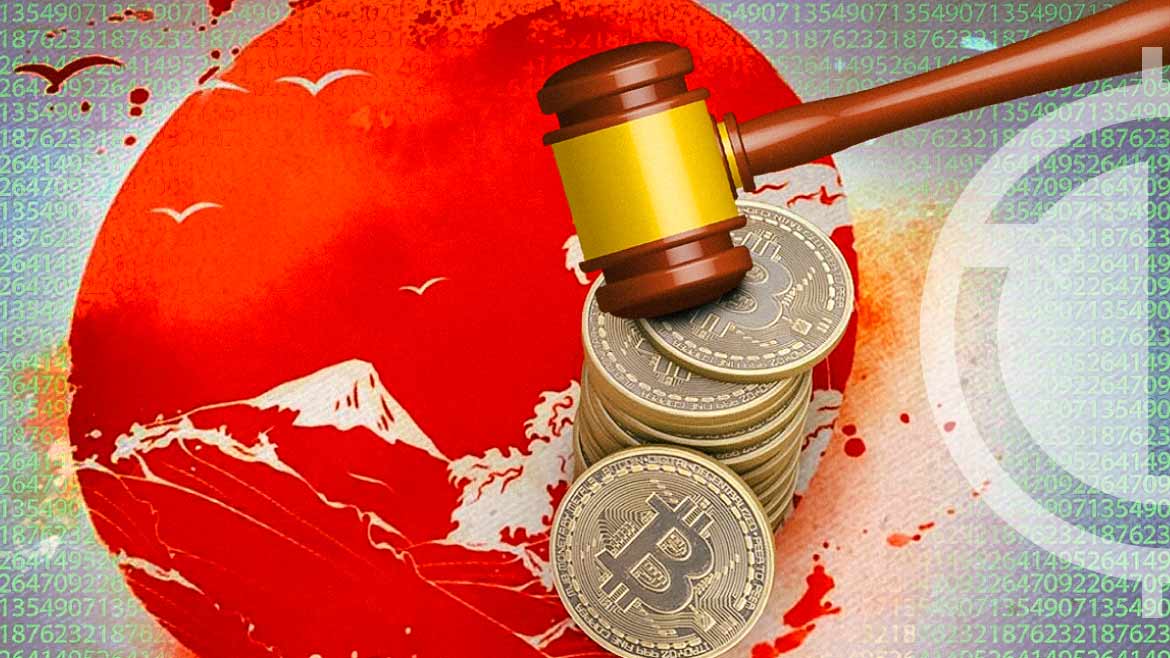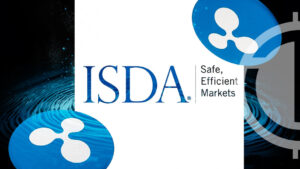
The Japanese parliament has decided to implement stricter anti-money laundering (AML) measures starting next month, as local media outlet Kyodo News reported on May 23rd.
In a bid to align its legal framework with international cryptocurrency regulations, Japan has taken a significant step forward. In a move to address concerns raised by the international financial watchdog, the Financial Action Task Force (FATF), lawmakers revised the AML legislation in December. The legislation was previously deemed insufficient by the FATF.
It has been reported that a crucial aspect of the latest measures involves the implementation of the “Travel Rule” to ensure more precise monitoring of illicit gains. In accordance with the travel rule, financial institutions are obligated to transmit customer information to the recipient exchange or institution for any crypto transfer exceeding $3,000. To ensure proper transmission, the data provided must contain both the sender and recipient’s name and address and pertinent account information.
Global leaders convened in Japan for the G7 meeting in mid-May to discuss the Travel Rule. The G7 Committee expressed its unequivocal support for the Travel Rule in relation to cryptocurrency transactions.
The G7 committee supported the Financial Action Task Force’s efforts to establish worldwide standards for cryptocurrencies, particularly regarding the “travel rule.” Additionally, the organization acknowledged the potential risks associated with decentralized finance arrangements and peer-to-peer transactions.
FATF shared a Twitter thread on May 18, discussing the matter:
“G7 countries should lead by example and regulate the crypto sector so that no safe havens exist for illicit crypto transactions”#FATF President T. Raja Kumar´s message to #G7 leaders ahead of the summit in Japan
— FATF (@FATFNews) May 18, 2023
Read article: https://t.co/l1OTdjGgLY
📑: https://t.co/GqHhVwoqY9 pic.twitter.com/uDurg1QSDu
Japan was one of the first countries to legalize cryptocurrency as property, and it implemented some of the most rigorous crypto regulations worldwide. Japan’s Financial Services Agency has implemented stricter regulations on cryptocurrency exchanges in response to the significant breaches of the Mt.Gox and Coincheck exchanges. The Web3 project team of Japan’s ruling Liberal Democratic Party recently unveiled a white paper in April outlining strategies to enhance the nation’s crypto industry.














